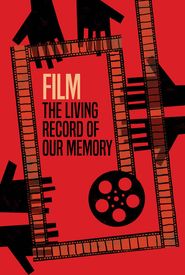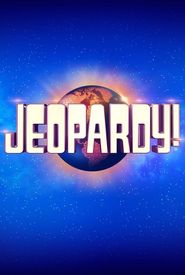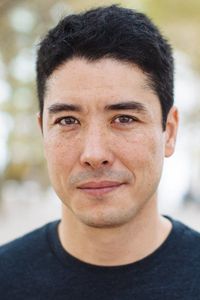Brian Meacham, a highly accomplished individual in the field of archives and film preservation, first obtained a Master of Library and Information Science with a special concentration in Archives Management from Simmons College, a renowned institution for higher education.
He then began his professional journey as the Archive Coordinator at the prestigious Harvard Film Archive in 2002, where he had the opportunity to develop his skills and expertise in the field.
To further enhance his abilities, Brian Meacham went on to obtain a Certificate in Film Preservation from the L. Jeffery Selznick School of Film Preservation at George Eastman House, a world-class facility located in Rochester, New York, in the year 2006.
From 2006 to 2008, Meacham held the esteemed position of Public Access Coordinator at the Academy Film Archive, where he was responsible for facilitating public, scholarly, and commercial access to the vast and esteemed holdings of the archive.
In this capacity, Meacham's duties included arranging and coordinating the loan of prints to esteemed institutions such as theaters, archives, and museums located around the world, thereby making these valuable cinematic treasures accessible to a global audience.
In addition to his print loan arrangements, Meacham also played a crucial role in providing unique access to the archive's holdings for researchers and filmmakers, by screening these rare and valuable cinematic artifacts on-site at the Academy Film Archive.
From the year 2008 to 2013, a period of five years, Meacham devoted himself to the esteemed role of Short Film Preservationist, undertaking the meticulous task of curating a vast and diverse collection of live-action and animated short films that collectively spanned over a century of cinematic history.
Noted film preservationist and historian Jon Meacham played a pivotal role in a groundbreaking collaborative endeavor between the National Film Preservation Foundation and five esteemed US film archives, with the shared goal of repatriating and preserving a vast collection of American silent films discovered in the New Zealand Film Archive.
Since the year 2013, Meacham has assumed the position of Film Archivist at the prestigious Yale Film Archive, previously known as the Yale Film Study Center, where he has been diligently performing a multitude of duties. As the custodian of the archive's extensive collection, he is responsible for overseeing the meticulous process of acquisition, thorough inspection, precise cataloging, and meticulous preservation of the vast array of print and pre-print elements that have been acquired by the esteemed university over the course of the past five decades.
Throughout his tenure, Meacham has successfully secured crucial preservation grants from the National Film Preservation Foundation to ensure the long-term preservation of several films within the collection, thereby safeguarding these cinematic treasures for future generations. Furthermore, he has launched and continues to curate the ongoing 35mm screening series, "Treasures from the Yale Film Archive," which provides a unique opportunity for audiences to experience these rare and valuable films in their original format.
Meacham has played a pivotal role in spearheading the Yale Film Archive's bid for membership in the esteemed International Federation of Film Archives, a prestigious organization that brings together film archives from around the world. In addition, he has represented the interests of Associate archives on the Executive Committee of FIAF from 2015 to 2023, a testament to his dedication and expertise in the field of film archiving.
Furthermore, Meacham has been a valued member of the Board of Directors of the Association of Moving Image Archivists since 2021, utilizing his knowledge and experience to provide guidance and support to the organization. His extensive expertise has also been sought after by various campus units, including Manuscripts and Archives and the Yale Music Library, where he has lent his expertise to help inspect, catalog, and preserve film collections, ensuring their long-term preservation and accessibility for future generations.





















